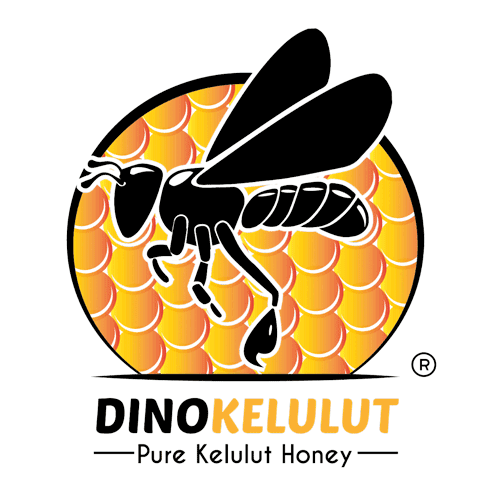What Health Top Powerful Benefits of Honey For Dog?
Pets boost our mental health, provide unconditional friendship, and get us moving in the great outdoors, so it is only logical that pet owners should go all out to make sure they live a long and happy life.
While feeding your dog a biologically appropriate food made with quality ingredients, and ensuring he gets enough exercise are the pillars of good health, the treats you feed him can also make a big difference.
Academics at the Cummings School of Veterinary Medicine have found that raw Honey For Dog can be used to increase the palatability of your dog’s food. While some dogs woof down everything in their bowls, others don’t, and honey can play an important role in ensuring they consume a healthy diet every day.
Honey For Dog vs Heart Disease
The above-mentioned recommendation by Cummings centered on dogs with heart disease. Dogs and cats battling heart conditions can lose their interest in food because of heart failure, big changes in their diet, and side-effects of medication.
Dogs with heart disease will sometimes be prescribed various pills a day, and these can make them feel nauseous or disinterested in food. To make the most of the benefits of honey, don’t overdo it.
You don’t want to lift glucose levels in your dog’s blood, nor do you want to add too many calories to his daily total. Remember that dogs with heart disease in particular need to stay lean and trim so their heart is not overworked. Drizzle a teaspoon or so over their food and you will probably notice that they feel more motivated to lick their bowl clean. Consider Honey For Dog and other healthy snacks such as eggs, lean meats, and rice as regular items your dog needs to stay interested in his food.
Honey For Dog Can Bring Allergies?
Quality raw Honey For Dog is also often given to combat allergies. The idea is that dogs who are allergic to pollen can benefit by ingesting tiny amounts of pollen as is contained in honey. If your dog has hot spots, or scratches, and you have been to the vet to rule out other causes, ask about the possibility of using honey as part of a multi-faceted anti-allergy strategy.
In addition to feeding your pooch honey, you should also aim to keep your dog away from high-pollen areas, especially during peak season. Make sure he has a steady supply of toys and treats to keep him occupied, and consider indoor exercises (such as fetch and hide-and-seek) on days when pollen levels are high.
To play indoor fetch, throw his favorite toy to one side of the room and have him bring it back; your dog will probably want to play this non-stop so take turns with a loved one! Drizzle honey over snacks during training sessions to make your dog extra-keen to participate.
Discovering the Cause of Appetite Loss
If your dog has a loss of appetite, you need to see your vet, since there are many possible causes – including kidney disease and cancer. Dental problems, too, can make it difficult for your dog to chew, and the pain of infection can affect the appetite.
After seeing your dog, your vet may recommend a change of food. You should also ask them what snacks are appropriate and suggest the use of honey.
Quality raw honey heals wounds and infections but it can also be used orally to help dogs with a loss of appetite or allergies. Always see your vet first if your dog has any symptoms of anorexia.
Finally, suggest raw honey and take advantage of your vet’s experience by asking for a suggested dose. Usually, a small drizzle of Honey For Dog (around a teaspoon or less) is safe on days when your dog seems uninterested in his food. Try adding other extras such as chicken, egg, or low-salt breakfast cereal as well.
